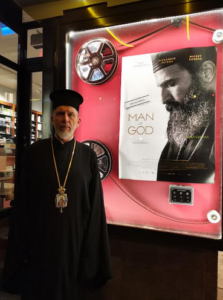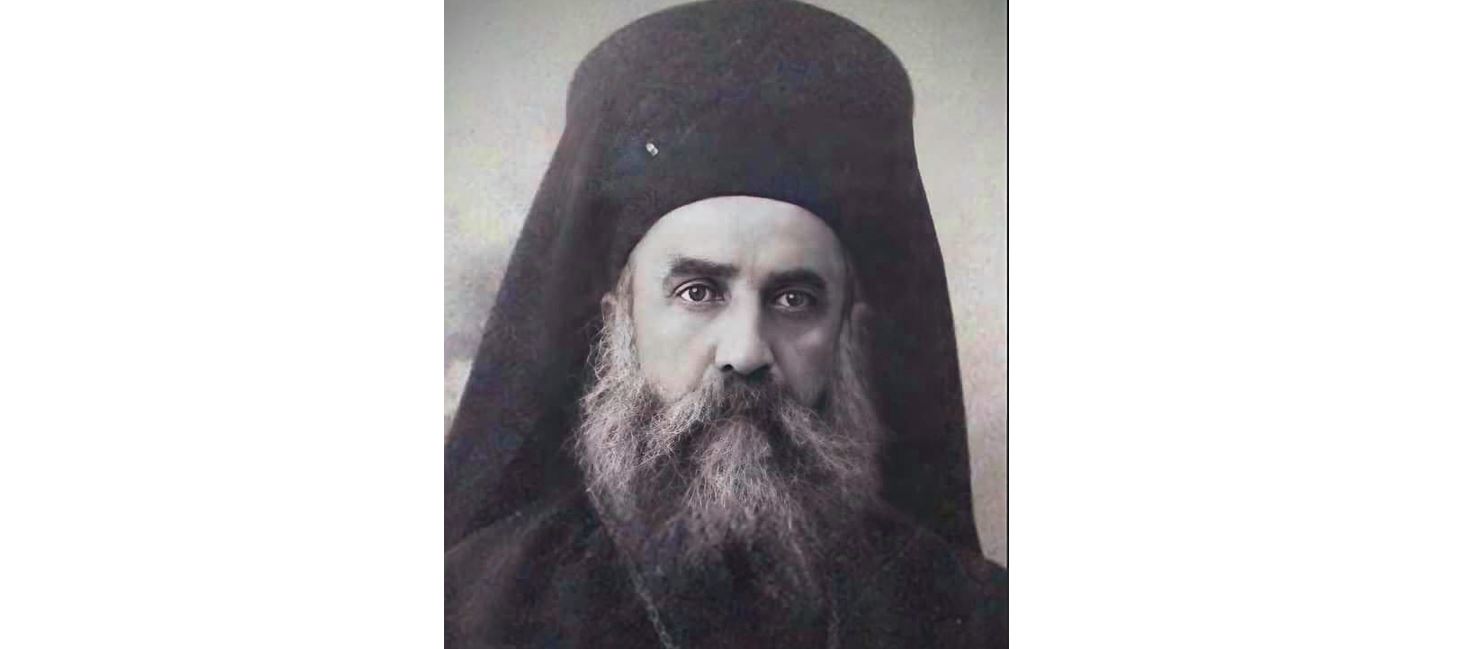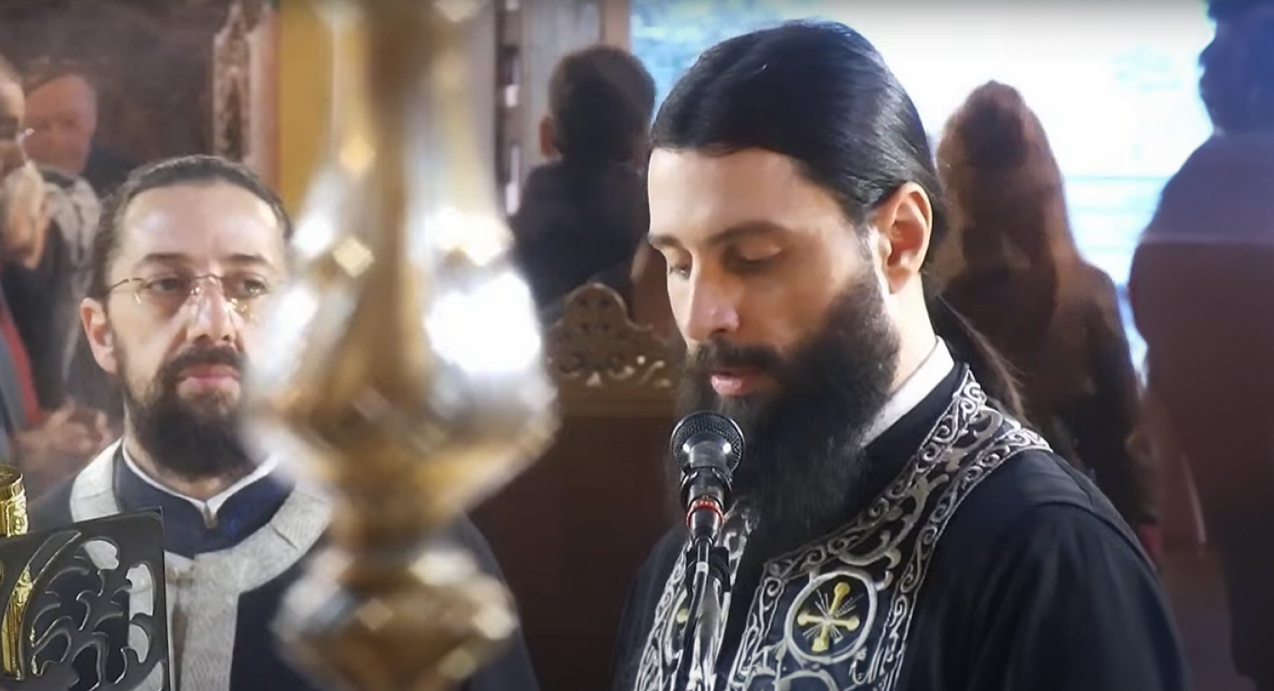On Saturday, February 19th His Eminence Metropolitan Cleopas of Sweden officiated the opening of the 11th Balkan New Film Festival in Stockholm, delivering a speech dedicated to Yelena Popovic’s film Man of God, which is a cinematographic tribute to the final thirty years of the earthly life and ministry of St. Nectarios of Penatpolis (1890-1920), beginning with his removal from the Patriarchate of Alexandria, his appointment as Director of the Rizareios Seminary in Athens, the establishment of his convent in Aegina, and his righteous falling asleep in the Lord.
In his address, which took place ahead of the film screening, Metropolitan Cleopas thanked the Festival Director Jelena Mila, an actress and director herself, for the gracious invitation she extended to him at their meeting at the Metropolis headquarters located at the St. George Cathedral in Stockholm on February 16, 2022, as well as the producer and director of the film Yelena Popovic for promoting St. Nectarios’ ministry and spirituality to cinephiles around the world.

Some months prior to the filming of this movie, Mrs. Popovic contacted Metropolitan Cleopas to request a copy of his two-volume study on St. Nectarios, which was translated into English by Prof. Christopher Tripoulas and published by the Church of Greece’s official publishing house Apostoliki Diakonia under the personal supervision of His Excellency Metropolitan Agathangelos of Phanarion, in her efforts to gather sufficient materials for the film’s script.

In his speech, Metropolitan Cleopas spoke about how he met Mrs. Popovic. Among other things, he noted that “I had the honor of Meeting Mrs. Popovic in Athens. Based on our conversations, I realized that what most interested her was the audience’s ability to participate in St. Nectarios’ suffering through a film featuring limited or non-existent dialogue, replaced instead with the deafening and relentless silence of the saint’s communication with those with whom he enters into dialogue and associates. The saint’s outcry in the face of the injustices with which he was confronted goes silent and his silence cries out! His silence was not a passive and disengaged stance of cowardice, but rather, a virtue, which was altogether different from what we are used to seeing in our contemporary bustling society. The righteous Nectarios followed the path of silence, which has the power to speak to the souls of the people, shape consciences, work miracles, lead us to repentance, contrition of the heart, and prayer. His silence was a type of heroic act that stood contrary to the “boldness” of his slanderer’s audacity. St. Nectarios chose to consciously resign himself from arguments and pointless debates, keep silent, exercise self-awareness and “know himself” in order to “defend himself” against the ongoing slander and defamation he endured throughout his life, preferring instead to continually seek refuge and protection in the security offered by God!”






































